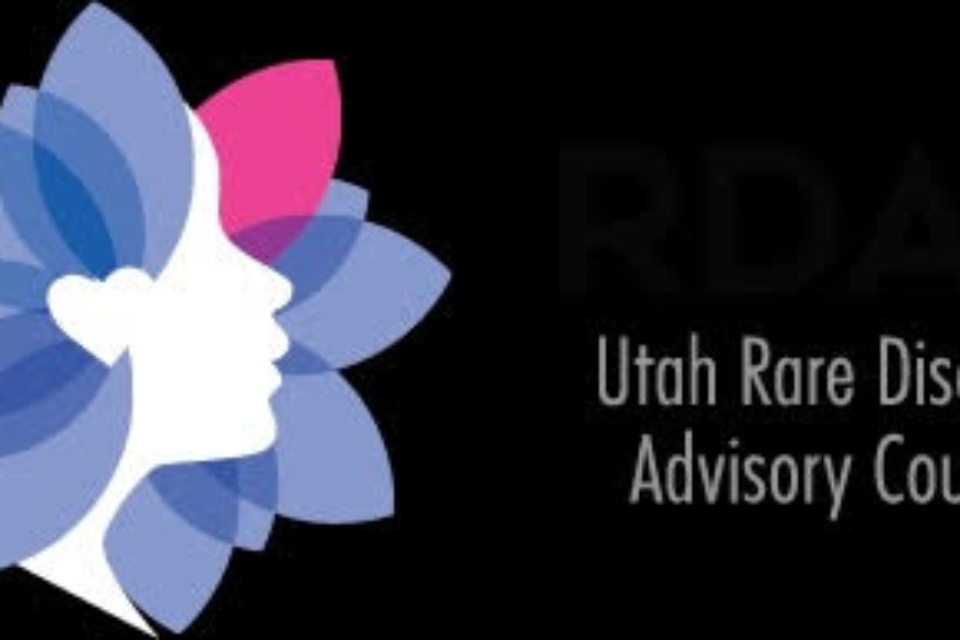Utah Rare Disease Advisory Council (RDAC)
About the Utah RDAC
The Utah Rare Disease Advisory Council (RDAC) was formed under HB 106 during the 2020 legislative session of the Utah Legislature (Utah code 26-1-41). The RDAC is an advising body that provides a platform for those in Utah’s rare disease community to have a stronger voice in state government. Several other states have established RDAC which have resulted in providing stakeholders an opportunity to make recommendations to state leaders on critical issues including the need for increased awareness, improved diagnostic tools, and expanded access to affordable treatments.
What is Rare Disease?
Defined as a condition or disorder that affects fewer than 200,000 individuals in the United States. There are approximately 7,000 rare diseases and at least 25-30 million Americans are affected by these rare disorders. While individuals with certain disorders may be rare, the total number of people with a rare disease is large.
Rare Disease Families Need Our Help.
The Utah RDAC has been charged to provide in-depth understanding for government officials and patients, health care professionals, insurance providers, and policymakers. Some challenges these families face include:
- Delayed diagnosis or misdiagnosis
- Limited access to care with providers who understand their diseases
- Limited treatment options
- High medical costs for care, including tests and treatment
- Constraints on insurance coverage
- Potential lack of accommodations within society, school, or employment
February 16th, 2023
Dear Senators and Representatives,
In 2020, the Utah legislature established the Rare Disease Advisory Council (RDAC) (Utah Code Annotated Section 26-1-41) to advise the state legislature and state agencies on improving access to treatment and services provided to individuals with a rare disease; and identify best practices to improve the care and treatment of individuals in the state with a rare disease. The RDAC is housed as an independent advisory body under the Utah Department of Health and Human Services. Members include researchers and physicians, rare disease patients, caregivers, and representatives from rare disease organizations.
Rare diseases are present across a broad spectrum of medical conditions, from immune deficiencies and genetic disorders to cancers and more. An estimated one in ten Utahns, or an estimated 350,000 women, men and children in our state are suffering from a rare disease.
As part of the RDAC’s charge to advise the legislature, we provide you with the attached policy guide which covers the following topics:
• Access to Genetic Testing
• Ban on Co-Pay Accumulator Programs
• COVID-19: Public Health Guidelines, Access to Vaccines and Treatments
• Gene Therapy
• Pharmacy Benefit Managers
The policy guide will be updated as needed to address additional issues affecting the rare disease community.
We are grateful to the legislature for providing us this opportunity, through the RDAC, to help lawmakers and other stakeholders better understand and meet the challenges and needs of this constituency.
For more information, please contact RDAC Chair, Dr. Lorenzo Botto, at lorenzo.botto@hsc.utah.edu, or
RDAC Vice Chair, Gina Zanik, at ginaszajnuk@gmail.com.
Sincerely,

Lorenzo D. Botto, MD, FACMG
Chair, RDAC
Professor of Pediatrics
Director, Penelope Undiagnosed and Rare
Disease Program
PI, Intermountain West Clinical Site of the
Undiagnosed Disease Network
Division of Medical Genetics, Department of
Pediatrics, University of Utah

Gina Szajnuk
Vice Chair, RDAC
Executive Director, Rare and Undiagnosed
Network (RUN)
UTAH RARE DISEASE POLICY GUIDE
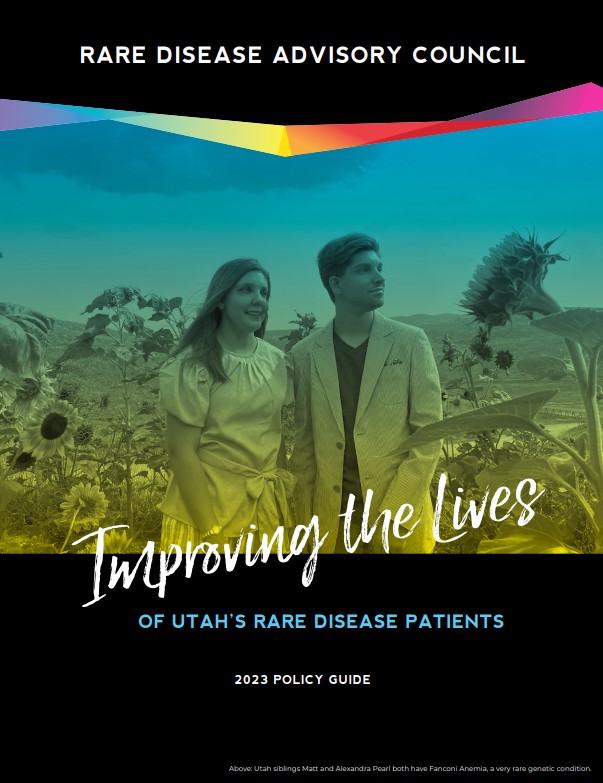
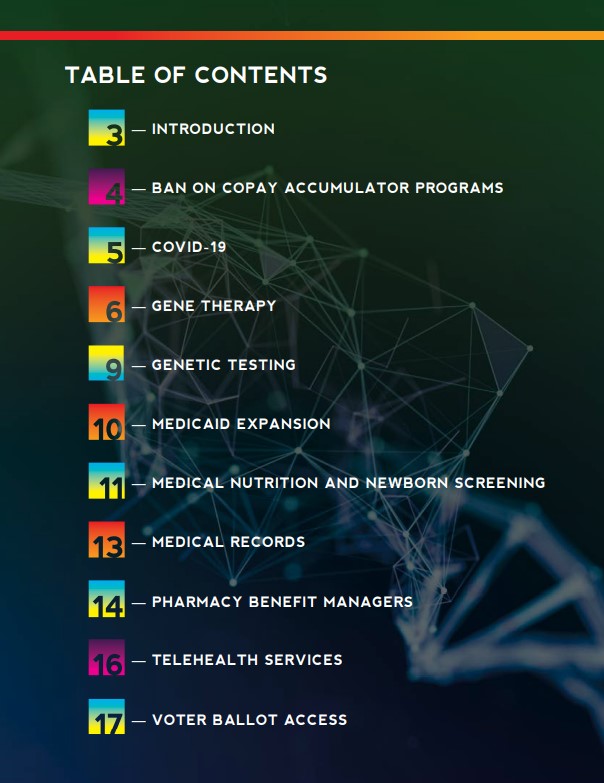
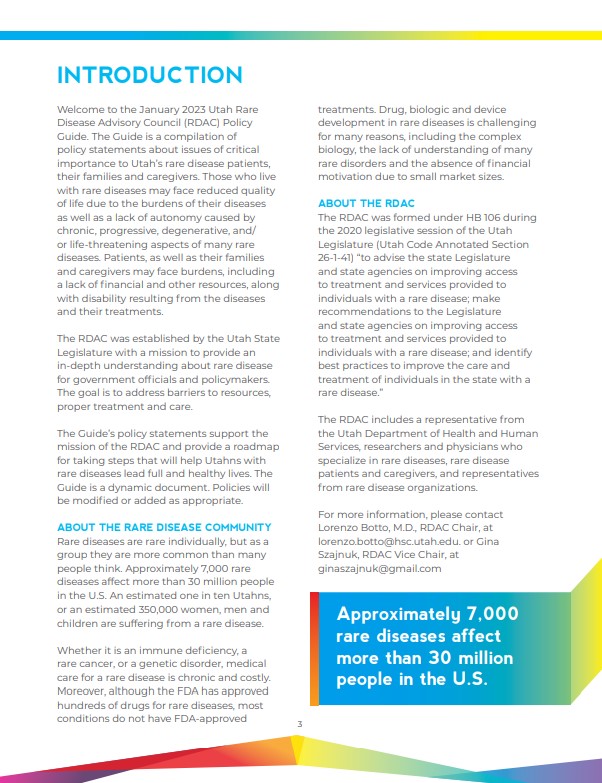
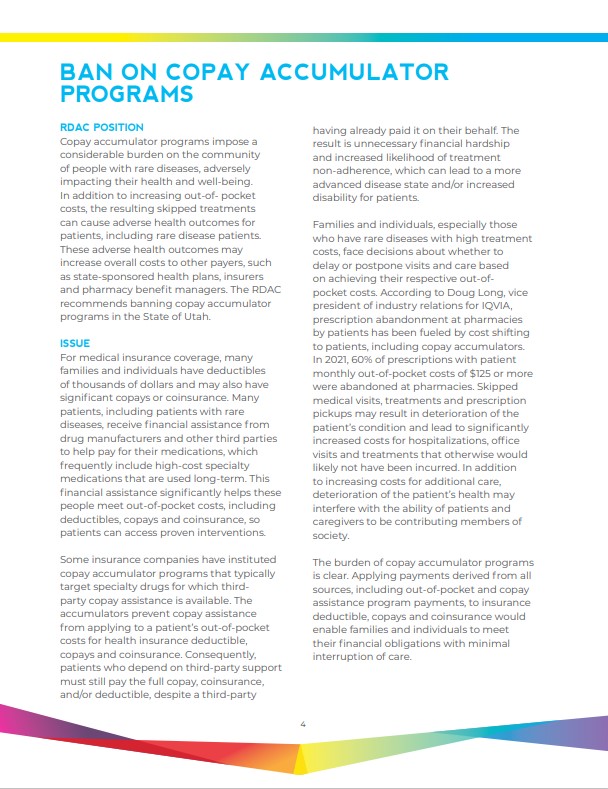
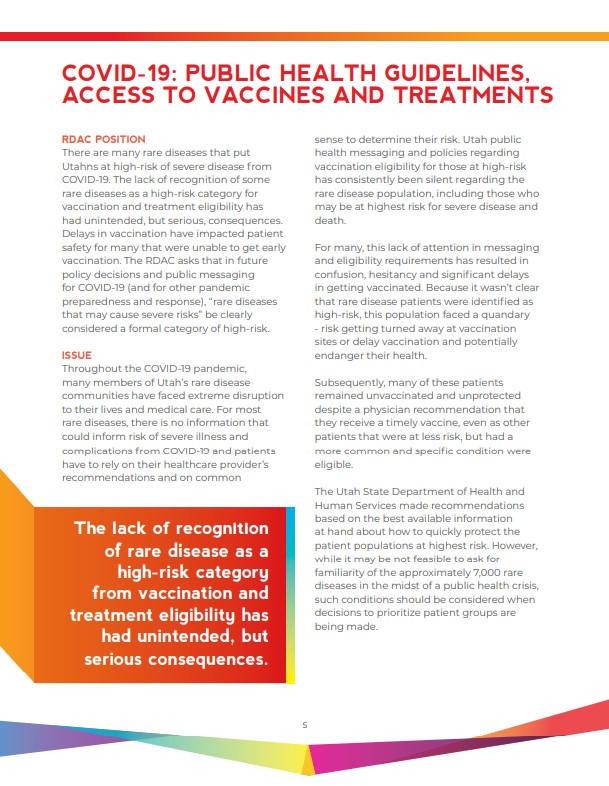
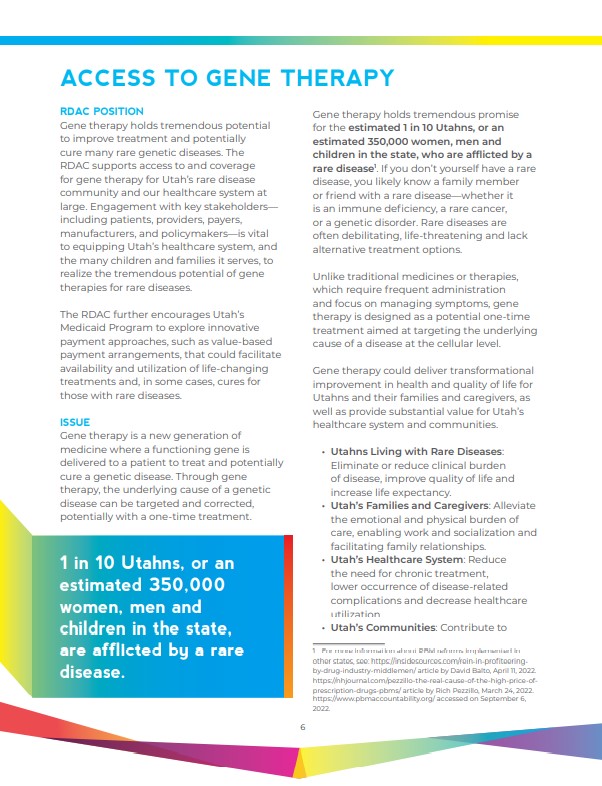
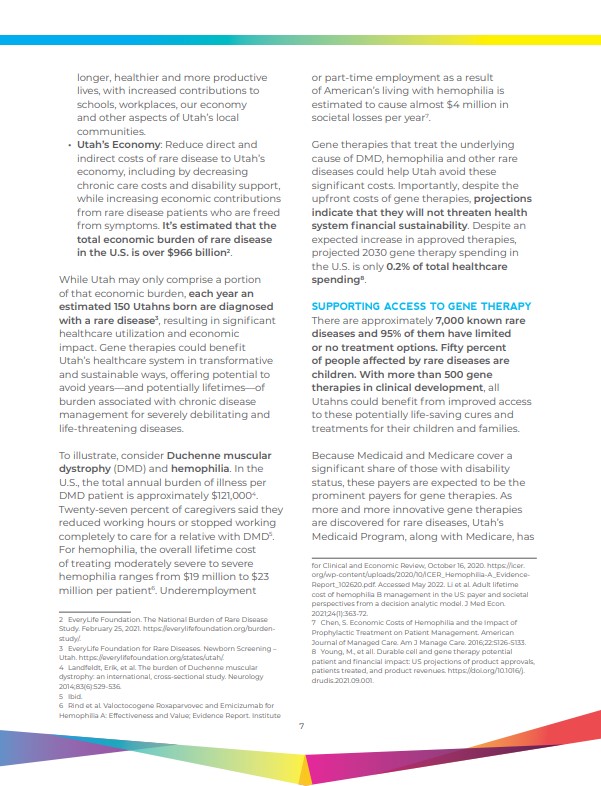
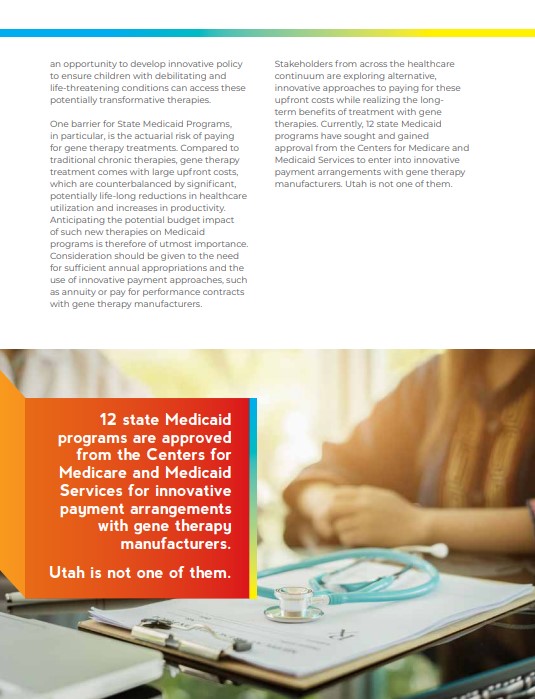
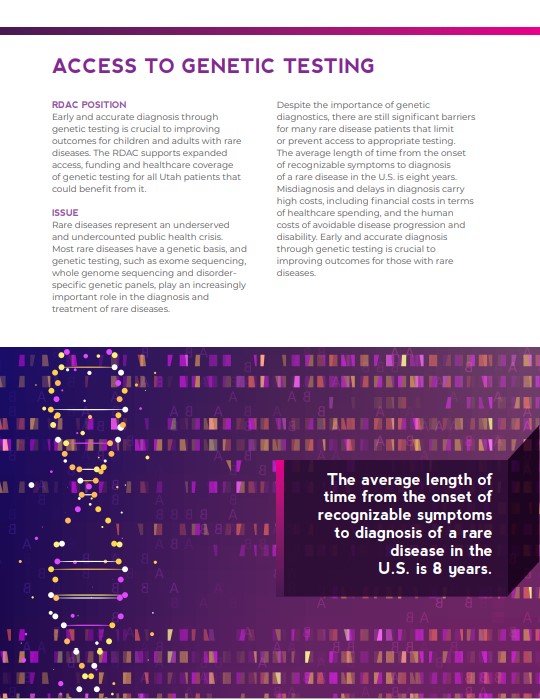
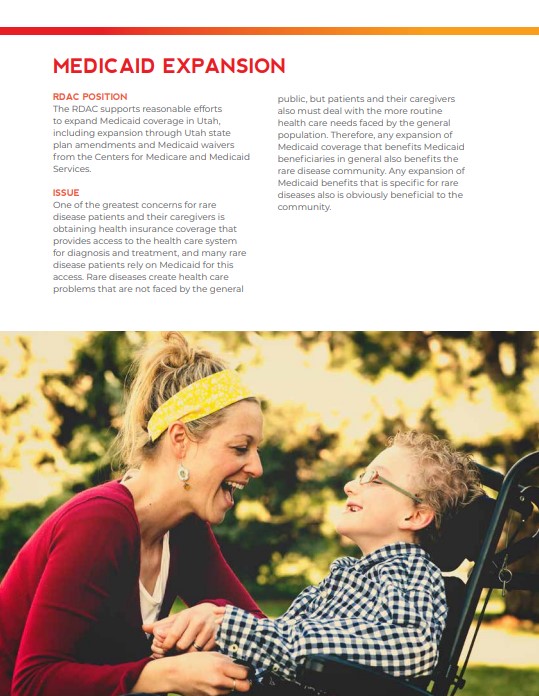
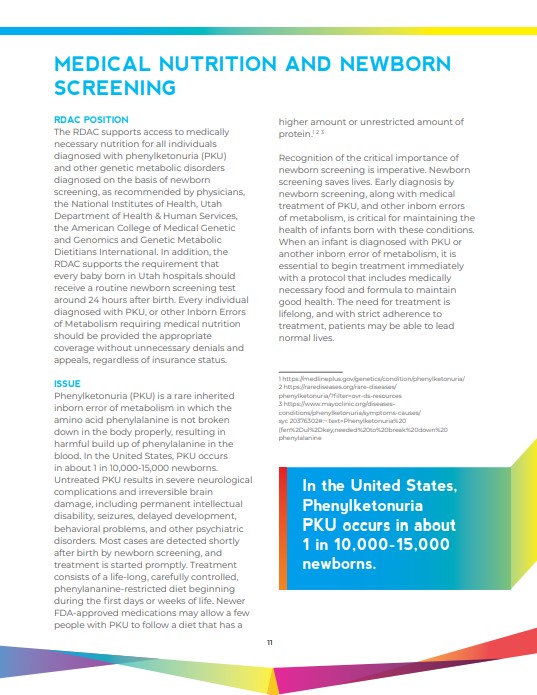
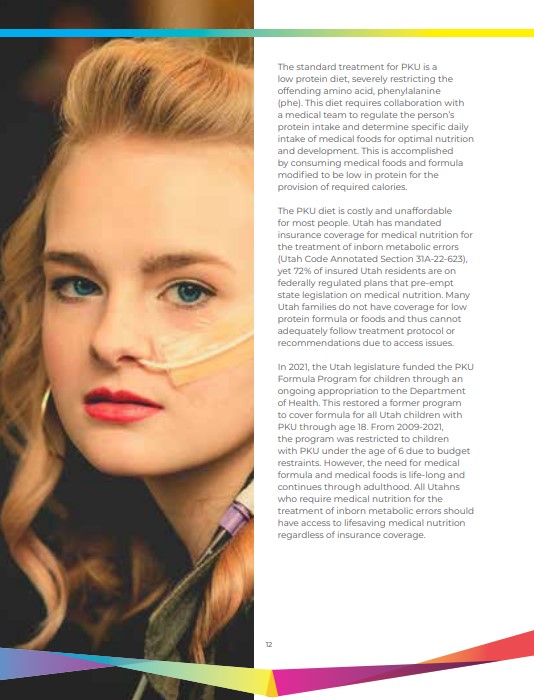

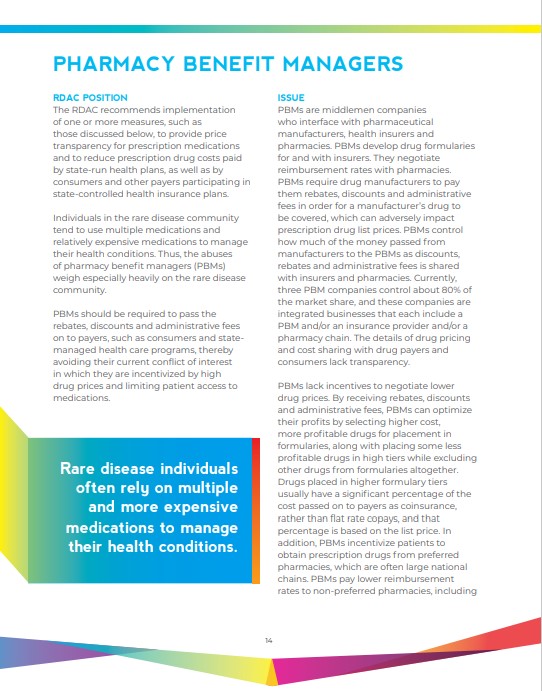
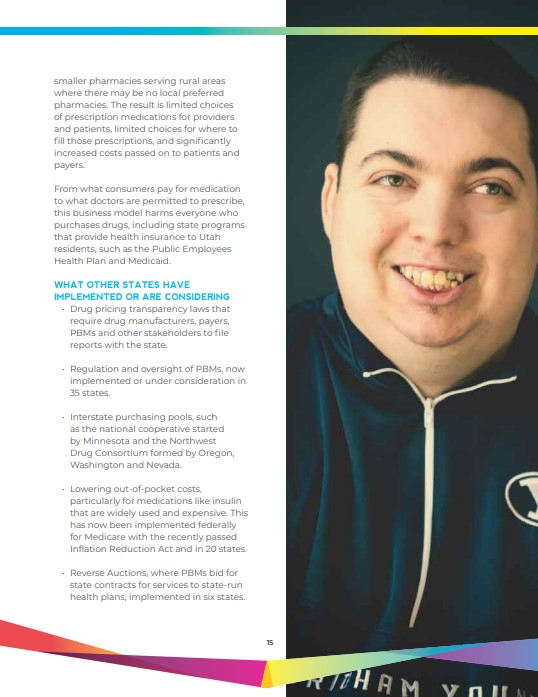
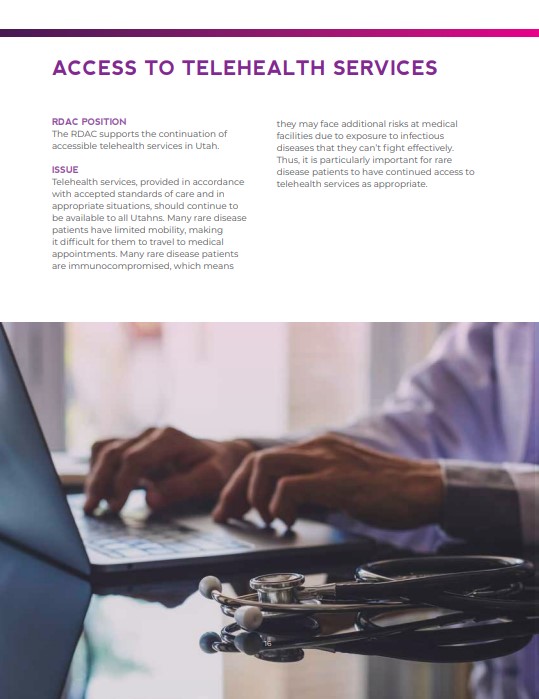
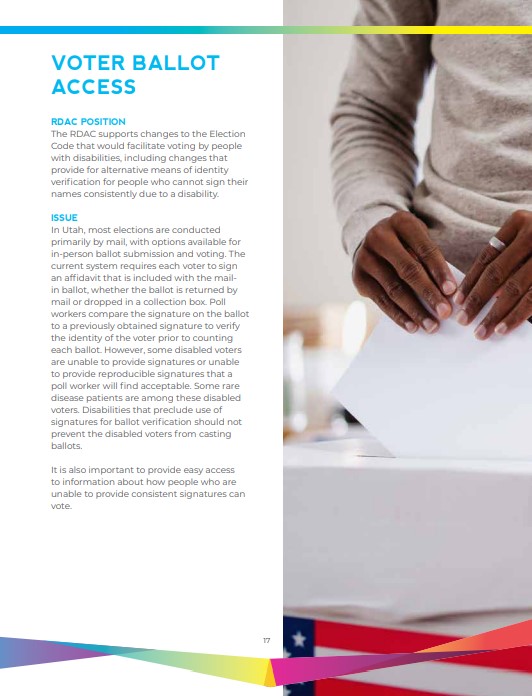
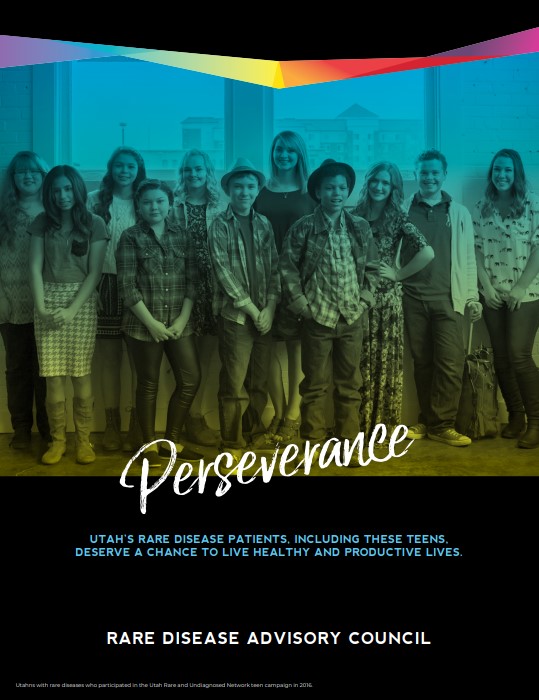
Contact information: Gina Zanik (Szajnuk)
Co-founder and Executive Director, Rare and Undiagnosed Network (RUN)
Vice Chair, Utah Rare Disease Advisory Council (RDAC)
W www.rareundiagnosed.org
E ginaszajnuk@gmail.com P (310) 883-4353
To Read: A mother’s unrelenting crusade to help those trapped in the wilderness of the undiagnosed – by Lee Benson
To Read: “What is the hardest part of being undiagnosed?” by Gina Szajnuk
To Read: “Undiagnosed is a Diagnosis” by Ava and Gina Szajnuk
To Read: The Szajnuk Journey
To Read: “Push Through” by Ava Szajnuk
To Listen: RARE Cast by Global Genes: “A Young Rare Disease Advocate Discusses Life with an Undiagnosed Condition”lobal Genes: “A Young Rare Disease Advocate Discusses Life with an Undiagnosed Condition”

